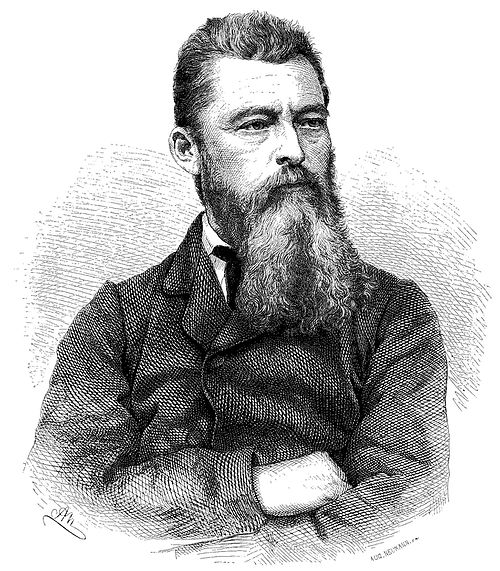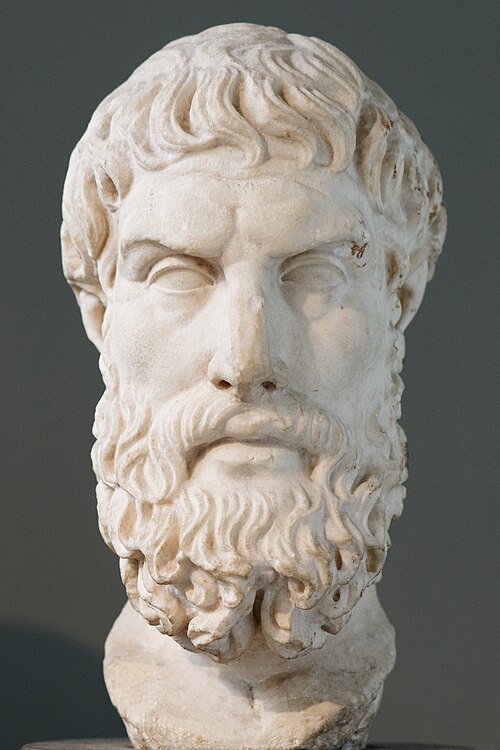Deismnoun
A philosophical belief in the existence of a god (or goddess) knowable through human reason; especially, a belief in a creator god unaccompanied by any belief in supernatural phenomena or specific religious doctrines.
Deismnoun
Belief in a god who does not intervene with existence.
Deismnoun
The doctrine or creed of a deist; the belief or system of those who acknowledge the existence of one God, but deny revelation.
Deismnoun
the form of theological rationalism that believes in God on the basis of reason without reference to revelation
Deism
Deism ( DEE-iz-əm or DAY-iz-əm; derived from Latin meaning ) is the philosophical position that rejects revelation as a source of religious knowledge and asserts that reason and observation of the natural world are sufficient to establish the existence of a Supreme Being or creator of the universe.At least as far back as Thomas Aquinas, Christian thought has recognized two sources of knowledge of God: revelation and . The study of the truths revealed by reason is called natural theology.
Atheismnoun
(narrowly) Belief that no deities exist (sometimes including rejection of other religious beliefs).
Atheismnoun
(broadly) Rejection of belief that any deities exist (with or without a belief that no deities exist).
Atheismnoun
(very broadly) Absence of belief that any deities exist (including absence of the concept of deities).
Atheismnoun
(historical) Absence of belief in a particular deity, pantheon, or religious doctrine (notwithstanding belief in other deities).
Atheismnoun
The disbelief or denial of the existence of a God, or supreme intelligent Being.
Atheismnoun
Godlessness.
Atheismnoun
the doctrine or belief that there is no God
Atheismnoun
a lack of belief in the existence of God or gods
Atheismnoun
disbelief or lack of belief in the existence of God or gods.
Atheism
Atheism, in the broadest sense, is an absence of belief in the existence of deities. Less broadly, atheism is a rejection of the belief that any deities exist.

















